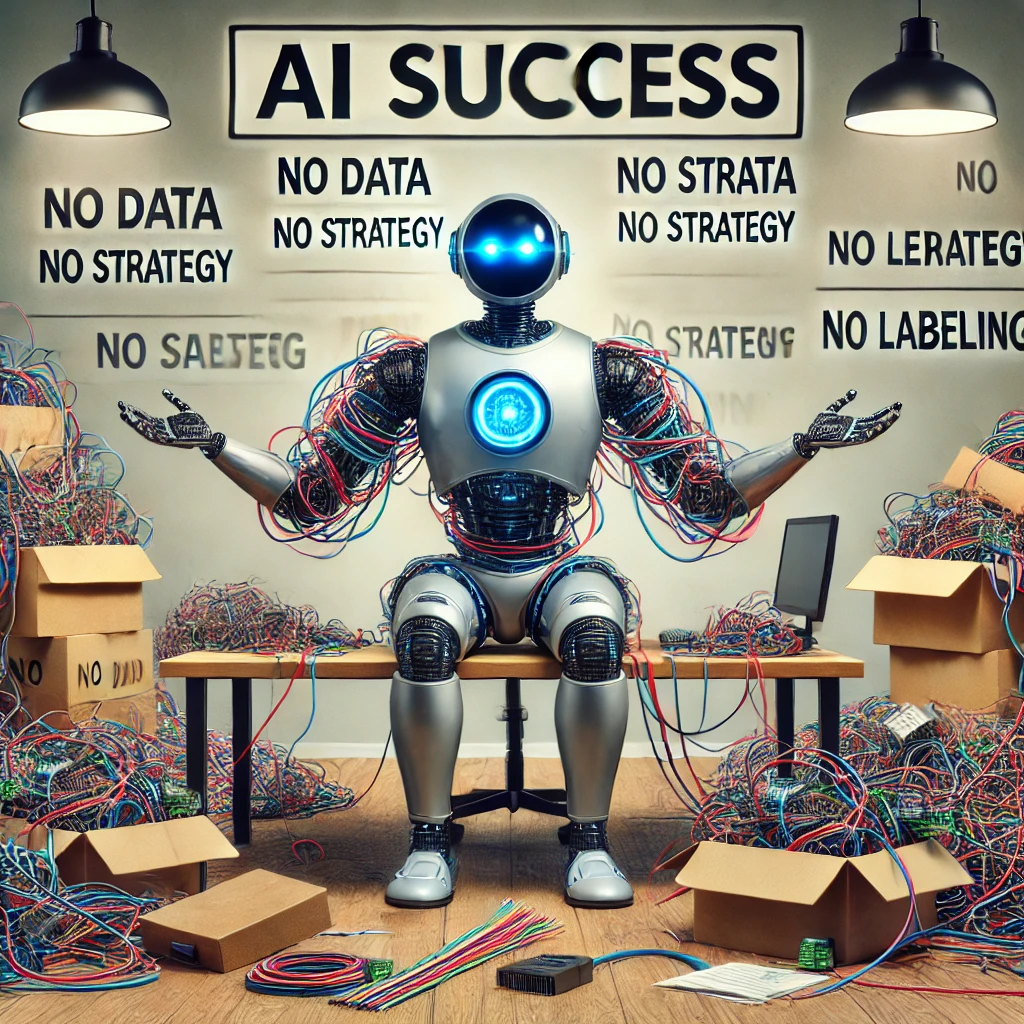The Evolving Landscape of Data Science: Insights from 6 Years in the Field
In the rapidly shifting landscape of technology, GenAI and Large Language Models (LLMs) are redefining the essence of work, particularly within the data science domain. As a data scientist with over six years of experience spanning multiple companies and industries, alongside nearly a decade of involvement with AI, I’ve come to realize that the role of a data scientist is becoming increasingly complex. In this article, I’ll share some of my insights and experiences regarding the future of data science and AI engineering.
What Makes a Good Data Scientist?
Understanding the traits of an effective data scientist is crucial in navigating the evolving nature of our work. Here are some critical aspects to consider:
1. High Expectations with Limited Data Strategy
Many organizations set lofty goals for data science initiatives but often lack a clear strategy or sufficient data. This disconnect can hinder progress and lead to frustration. A successful data scientist should advocate for a robust data strategy that ensures quality data and concrete methodologies.
2. Embracing GenAI
The advent of GenAI calls for data scientists to adapt, innovate, and sharpen their skills. Success in this new era hinges on the ability to work seamlessly with LLMs and incorporate GenAI solutions into traditional machine learning frameworks.
3. Continuous Learning
The data science field is dynamic. Keeping up with the latest trends and technologies is essential. Investing time in continuous education and networking can be invaluable for professional growth.
4. Collaboration
Data scientists must work closely with cross-functional teams. Effective communication and collaboration with stakeholders ensure projects align with organizational goals while maximizing the utility of data-driven insights.
What Lies Ahead for Data Science?
As we look to the future, several trends are emerging that will shape the field of data science:
Increased Reliance on Automation
With advancements in GenAI, automation will play a more significant role in data preparation, analysis, and deployment. This shift may allow data scientists to focus on higher-level analytical tasks rather than repetitive data movements.
Ethical AI Development
As AI technologies advance, the importance of ethical considerations becomes paramount. Data scientists will need to develop and deploy models responsibly, addressing biases and ensuring fairness in algorithms.
Integration with Broader Business Strategies
Data-driven decision-making will be further integrated into strategic planning across all areas of business. Data scientists will become essential partners in the executive suites, providing insights that influence company direction and growth.
Real-Life Applications: A Brief Story
Consider a financial institution that struggled to manage vast datasets from various sources. By employing effective data strategies and collaborating with IT, the data science team implemented an LLM to streamline data processing, resulting in enhanced accuracy in fraud detection. The integration of GenAI not only increased operational efficiency but also laid the groundwork for a more data-centric culture within the company.
Conclusion
The future of data science is exciting yet challenging, with the rise of GenAI revolutionizing traditional approaches. As data scientists, we must embrace new technologies, advocate for strategic data initiatives, and uphold a commitment to ethical practices.
The AI Buzz Hub team is excited to see where these breakthroughs take us. Want to stay in the loop on all things AI? Subscribe to our newsletter or share this article with your fellow enthusiasts.




